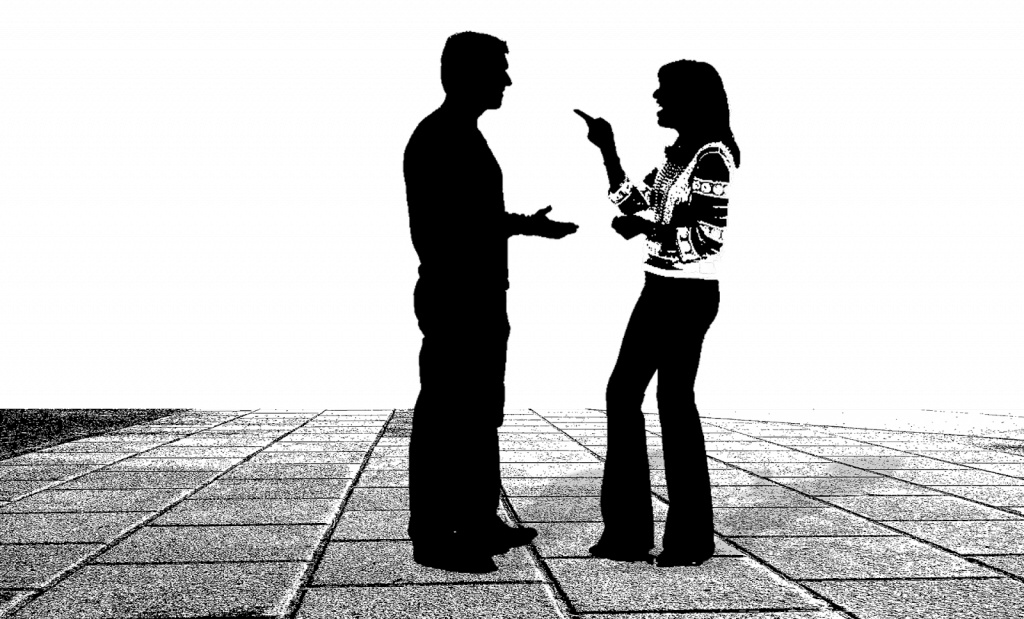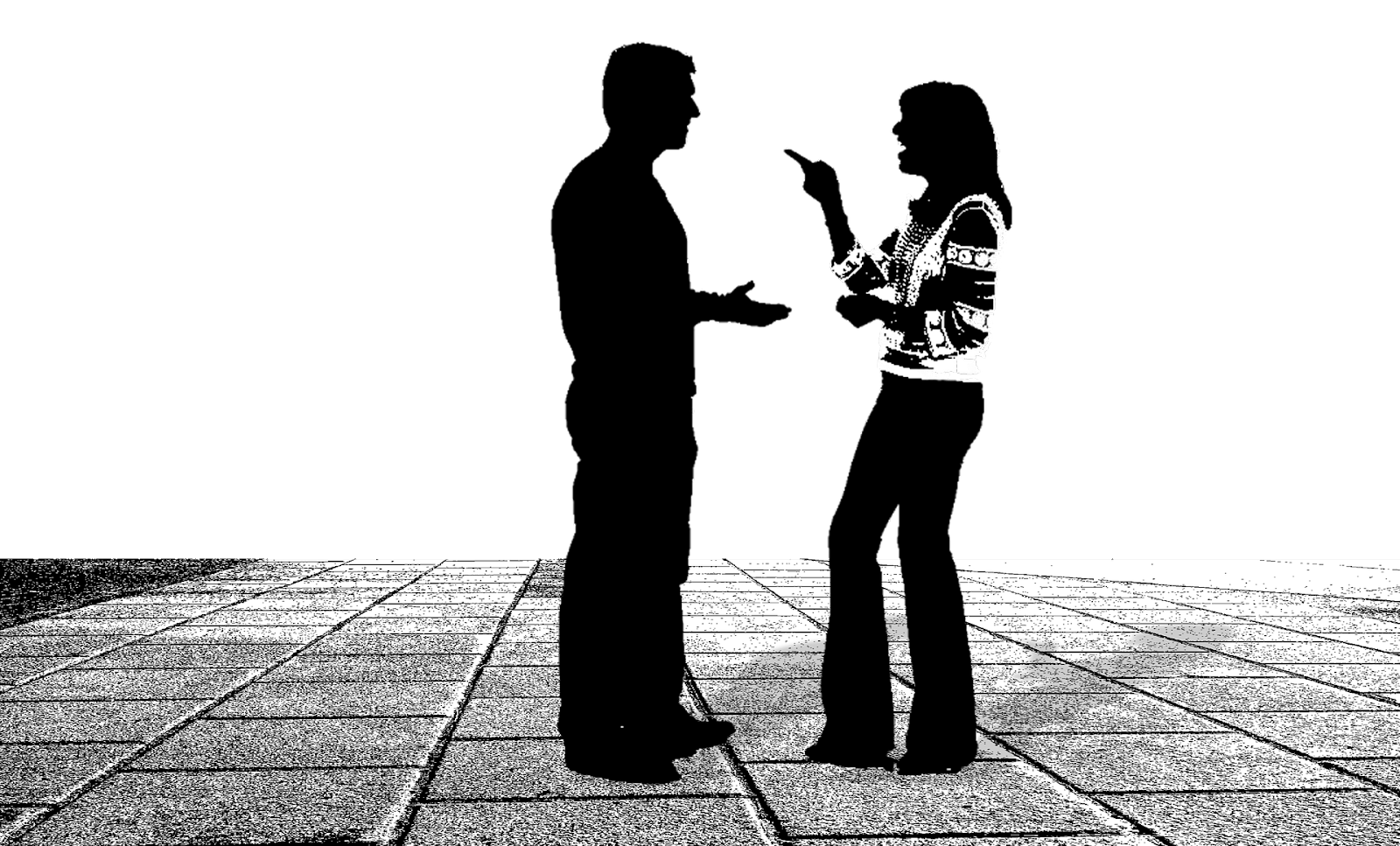Guest post written by Sara Weand, a DBT therapist in Philadelphia

Winter months tend to be more difficult for people, especially with the decrease in natural light, the drop in temperature, and added responsibilities. So, with the holiday season already underway and more things just around the corner, for many people, life has become a huge ball of anxiety, complete with overwhelm, more stress, and added tension. If you’re already struggling with anxiety, this time of year can make anyone feel like they want to pull their hair out, but when you add on having to deal with toxic people in your life, it can make things feel even more impossible to bear.

What are Toxic Relationships?
When we talk about toxic relationships, there really isn’t a one size fits all definition. In general, any relationship can be labeled toxic when you know that the relationship with the individual or group of people feels emotionally draining; when the costs and hardships of being in the relationship outweigh the benefits of it.
The bottom line-
Your relationship may be toxic and/or you’re being negatively affected by the relationship when there’s any form of abuse occurring and/or you don’t feel emotionally or physically safe, your morals and values are compromised, you feel like you put in more work and effort into the relationship than the other party, and you feel so emotionally drained after you’ve been with the other person or group of people.
The Holidays are Even More Difficult When You’re in a Toxic Relationship.
Whether it’s family members, a partner or spouse, a friend, or co-workers, relationships, in general, are hard. Relationships take work- from everyone involved. If you’re currently involved in a long-term, toxic relationship, you may not be in the position or are not ready to completely dissolve the relationship for whatever reason and that’s ok. You don’t need to make a decision at this very moment. Or, due to the nature of the relationship, whether it’s a co-worker or family member, it’s not practical or realistic for you to completely avoid any contact with the other person.
Even if you have been able to separate yourself from the toxic individual in your life, given the nature of the holidays, it may be inevitable or damn near impossible to not run into the other person. So how do you help keep yourself sane and hold it together when you’re in a toxic relationship around the holidays? Below are five tips and ways to help you cope and make it through this season.
5 Ways to Cope with Toxic People & Relationships During the Holidays
1. Take care of your body.
When you’re overwhelmed, moody, anxious, and highly stressed, the first thing that people often let slide is not attending to their physical health. Our minds and bodies are connected and when one isn’t doing well, the other will also be affected. Attending to your physical needs is a proactive way to partially ensure you’re less likely to be as consumed by the toxic individual.
So, listen to your body. If you’re sick, it lowers your ability to handle and cope with difficult emotions and situations. If you’re feeling under the weather, make sure you do what you need to in order to feel physically well.
Taking care of your body also means getting enough sleep. Your mind cannot function at its best when you’re sleep-deprived. Along those lines, it’s not a wise idea to overdo the alcohol, even if you really want to. The last thing you want is to not be on point when you have to interact with a toxic person.
2. Cope ahead
Coping ahead is useful when dealing with a variety of emotionally taxing scenarios and toxic individuals definitely fit the bill. Being able to cope ahead means that you’re able to figure out which situations are the most likely to cause you problems or issues, plan ahead of time how you’ll cope with the problem, and also visualize yourself in the problematic situation, effectively coping with the problem. The key to coping ahead is visualization.
Research has shown the importance of this. It’s why many professional sports players make time to devote to visualizing and imagining themselves practicing for upcoming competitions. According to the research, imagining ourselves doing something actually activates the same parts of our brain that activate when we’re actually doing that task. So, imagining the effective way you’re going to cope with the situation, stimulates your brain the same way it would if you’re actually in that situation.
Let’s break this down by using an example. Let’s assume you’ve determined that your mother-in-law’s relationship with you is toxic. You know you’ll have to interact with her at the annual Christmas Eve gathering at her home. You are fearful that she’ll start in on you once you arrive, making judgmental statements about the way you are dressed and trying to pull you into an argument. Next, decide how you plan on coping with the situation.
Be as specific as possible. For this example, it could be that you come up with a way to excuse yourself from your mother-in-law when she starts her verbal attacks, or decide exactly what you’ll say to her in response to her triggering statements. Then, close your eyes and in your mind, imagine yourself, as vividly as possible, in the situation with your mother-in-law. Finally, practice rehearsing in your mind, coping effectively, using the strategies you’ve already identified. Rehearse in your mind exactly what you’ll do. After rehearsing this, do something for yourself to relax. By coping ahead, you’ll already be ready for the inevitable conversation with your mother-in-law.
3. Build Mastery
Toxic people tend to suck the confidence right out of us. If you’ve been in a long-term, toxic relationship, you’re unfortunately probably familiar with feeling “less than” or “not enough”. That’s why it’s crucial for anyone, (even those individuals not involved with a toxic person), to be able to feel self-confident and competent. Toxic relationships seem to feed off of anxiety, stress, and other negative emotions, so being able to feel confident helps you be less likely to be vulnerable to the effects of toxic people.
Mastery is doing things that help you feel more in control, self-confident, competent, and capable of mastering a variety of things. In order to build mastery, it’s essential to do at least one thing each day that makes you feel a sense of accomplishment. To do this, you want to choose something that’s challenging, but possible. For instance, for someone who has never cooked a gourmet meal, will feel a sense of mastery in being able to maybe prepare a simple ingredient side dish to enjoy. The idea here is to set yourself up for success, not failure.
When you incorporate mastery in your daily life, it will help boost your confidence in yourself. Arming yourself with confidence will definitely help you feel more in control when confronted with a toxic individual.
4. Know your limits
Toxic relationships can be crazy-making. Things that you can typically handle outside of the relationship seem to be amplified and insurmountable when you’re with a toxic person or group of people. Then, add on the excess of the holidays, when people are already over-taxed, over-stressed, and over-extended to keep up with the holiday demands, you need to know how much you can handle. In other words, it may be tempting to take on more, given the hustle and bustle of this time of year, but when you’re already overwhelmed and anxious, this is not the time to take on more responsibilities.
When you are able to identify and maintain your personal limits, you have more control over your life. Remember, toxic people tend to suck the life right out of you and this is not the time to allow your limits to be violated.
5. It’s ok to say “no”.
Saying “no” is such a difficult thing to do for a lot of people. For some individuals, it is easier for them to just agree to do something to avoid conflict or to agree in order to “people please”. Holidays tend to be the time of year when there’s an excess of “busyness” associated with optional overtime, holiday parties, requests for donations or volunteering opportunities, and increased time spent with family and friends. While many individuals enjoy the extra opportunities to connect, earn more income, and socialize, when there are toxic relationships in your life, the emotional costs outweigh the positive benefits.
Here’s a reminder. There is no rule that says that you need to agree to help your “friend” (who only seems to reach out when she needs something) when she asks you to take her Christmas shopping or to babysit her toddler. It’s ok to let her know you don’t have the time or energy to help her.
Here’s another reminder. There’s also no law that states that you must attend every, single, holiday get-together you’re invited to, or donate to every single charity you’ve been asked to donate to. Over-doing at the expense of your own mental health and sanity is not a “good thing”.
Saying “no”, particularly when it will only drain your mental and emotional energy is totally ok. It’s also totally ok to decline to do something when you don’t feel like it or have something else planned. Just because you say “no” to a request, doesn’t mean you’re an awful human being. This is especially important to remember when faced with a request or whatever, that involves a toxic person. You already have enough on your plate. It is not your job to make someone’s life easier, particularly if you’re in a toxic relationship with them.
The winter holiday season can be overwhelming and stressful. Relationships, in general, are at times, difficult and require work. When you have to deal with relationship toxicity over the holidays, is like a double-whammy. It can be crazy-making! You don’t have to feel helpless anymore.
By using the strategies and tips above, you can find relief by using ways to cope with toxic people and relationships, even during the heightened stress of the holidays.
If you find yourself stuck and are really struggling in an unhealthy, toxic relationship, reach out today to a trained therapist, counselor, or professional. You don’t have to do it alone.
- Chickpeas vs. Garbanzo Beans: What’s the Difference? - April 19, 2024
- How to Manage or Improve Anxiety - September 21, 2023
- The birth of a company - July 29, 2023






